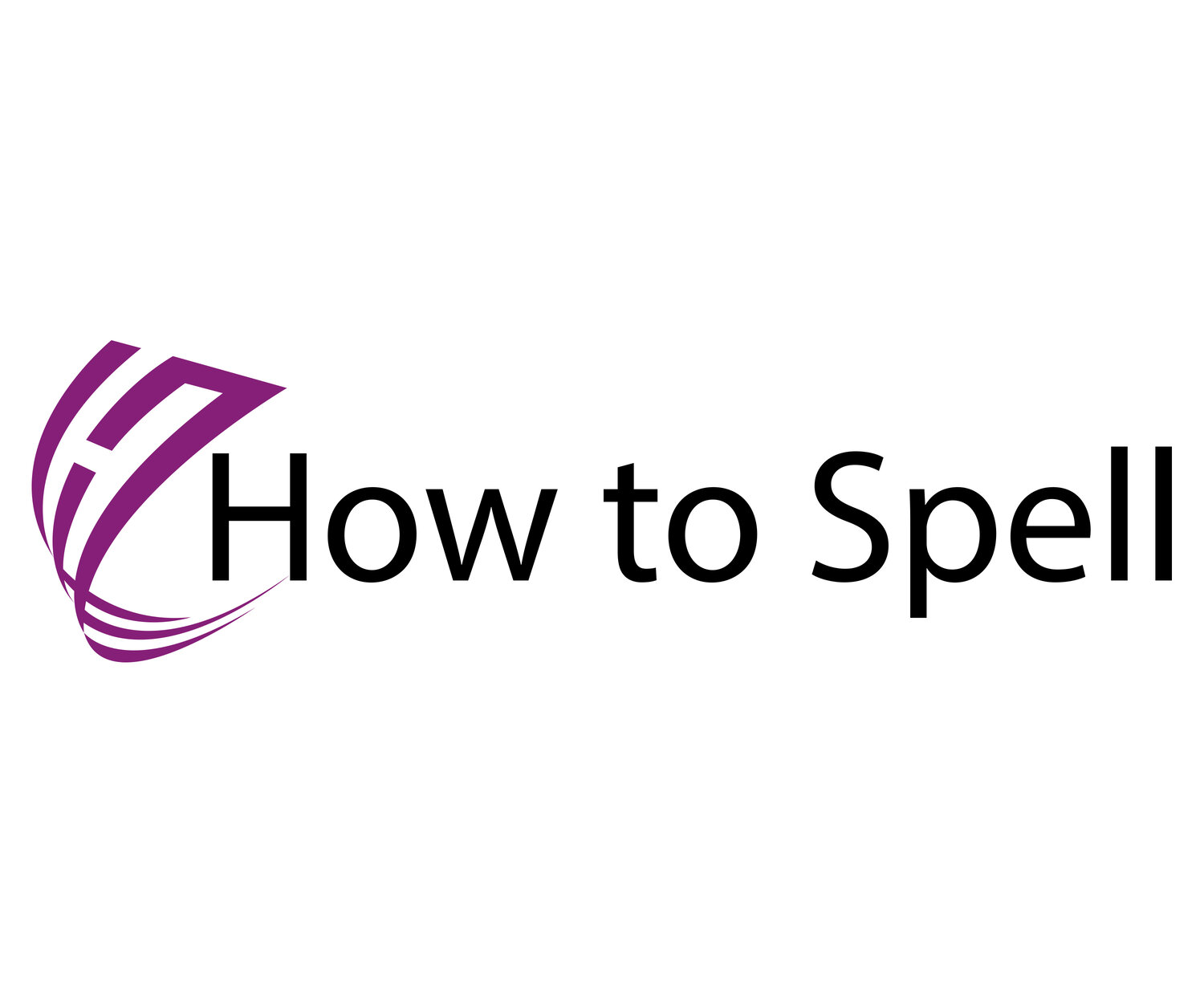7 Plural Spelling Rules
boys, countries, businesses, knives, heroes, videos, boxes, rulers, women, children, dogs, washes, memories, sheep, children, women
Do you know when we add -ies, -ves, -s and -es ?
We're going to look at these important spelling rules then there's a spelling test so read carefully.
1. Add -s to regular plurals and third person verbs. Adding an s is all you need to form a regular plural: file — files, centre — centres, girl — girls, book — books, computer — computers, ambition — ambitions, want — wants, run — runs,
2. Add es to words ending in -s, -sh, -ch, -x, -z:
bus — buses, atlas — atlases, business — businesses, glass — glasses, wash — washes, wish — wishes, box — boxes, fix — fixes, watch — watches, match — matches, fizz — fizzes, quiz — quizzes (1:1:1 doubling up rule too.)
*There's one exception to this rule. If the -ch ending is pronounced with a 'k' then add -s (stomach — stomachs)
Click here to find out why we add -es to these words, and watch the Adding -es video.
3. Change to ves or add s.
Some words ending in -f or -fe change to ves: knife — knives, life — lives, wife — wives, shelf — shelves
Exceptions: add s: roof — roofs, proof — proofs, chief — chiefs
Words ending in ff add s: cliffs, sniffs, scoffs, toffs stiffs, tiffs
These words can be either ves or s: scarf — scarves or scarfs, dwarf — dwarves or dwarfs
Click here for more info on the -ves or -s rule and spelling test
4. Change -y to -ies or -s
a. If the word ends in a vowel (a,e,i,o,u) + y then just add s:
boy - boys, journey - journeys, key - keys, tray - trays
b. If the word ends in a consonant + y change y to ies:
country - countries, baby - babies, body - bodies, memory - memories
5. Adding -s or -es to words ending in O:
a. If a word ends in a vowel (a, e, i, o, u) + -o then we sometimes add s.
radio — radios, stereo — stereos, video — videos
b. If a words ends in a consonant + -o, we sometimes add s, sometimes es.
kilo — kilos, zero — zeros, piano — pianos, photo — photos
but hero — heroes, potato — potatoes, volcano — volcanoes, tomato — tomatoes.
Click here to go to the Making Plurals with O Words video and exercise
6. Irregular plurals
woman — women, man — men, child — children, person — people, tooth — teeth, foot — feet, mouse — mice, penny — pence
7. No change between plural and singular.
There are some words that are the same in the plural as in the singular: sheep, series, fish*, cod, salmon, aircraft, cattle, scissors, deer, trousers
fish or fishes? The plural form fish is more common. Fishes is used when talking about different types of fish. (Oxford Dictionary)
Spelling test
Now write the plural versions of these words.
1. man
2. fox
3. family
4. mobile phone / cell phone
5. baby
6. person
7. radio
8. dictionary
9. teacher
10. watch
11. bus
12. fish
13. photo
14. tomato
15. woman
16. wife
17. body
18. fly
19. colour
20. mother-in-law
Check your answers below.
Thanks to Oxford Dictionaries online
Answers
1.men
2. foxes
3. families
4. mobile phones / cell phones
5. babies
6. people
7. radios
8. dictionaries
9. teachers
10. watches
11. buses
12. fish
13. photos
14. tomatoes
15. women
16. wives
17. bodies
18. flies
19. colours
20. mothers-in-law
Spelling Rules Workbook
a step-by-step guide to the rules of English spelling
(suitable for British and American users)
200 pages of spelling rules and exercises.
Learn all about rules such as drop the 'e', magic 'e' silent 'e', 1:1:1 doubling up rule, al, el, le rule, adding ly, y to i rules, ck, k, ke rules, silent letter rules, prefix rules and much much more.
Learning spelling rules is important because
1. they add to your spelling knowledge
2. they explain why we have 'strange' letter patterns
3. and they help you understand why spelling is the way it is.



